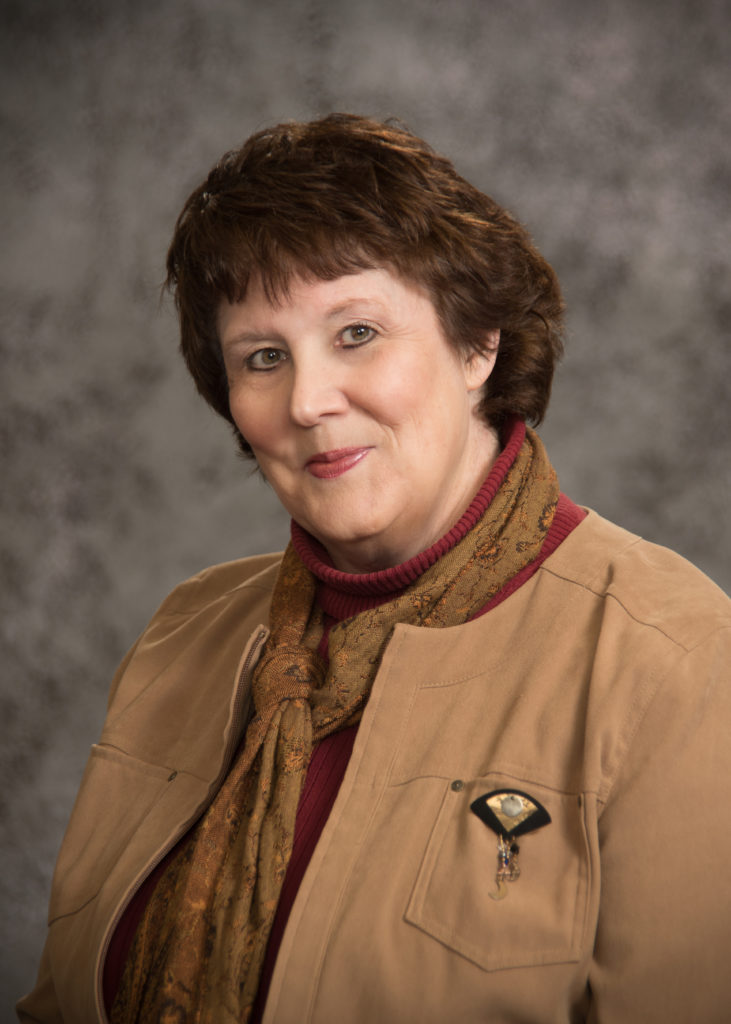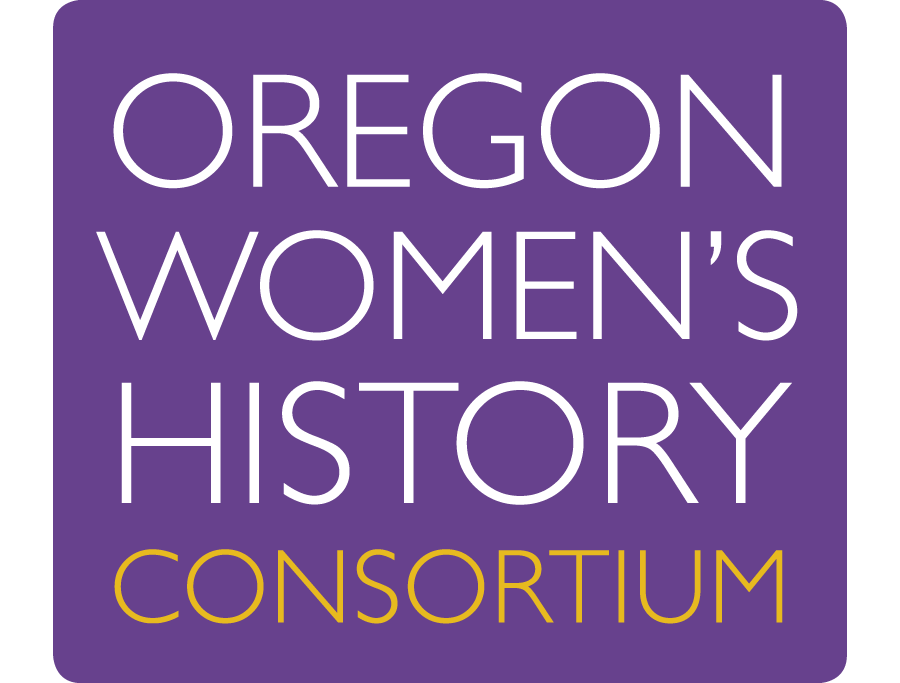
In Spring Term 2019, Emmett Fresh and Mackenzie Ratliff in Professor Kimberly Jensen’s Women in Oregon History class at Western Oregon University interviewed Mayor Cecelia Koontz about the Nineteenth Amendment centenary and the importance of the vote. She has a long-standing record of service with the Monmouth community, as she was a member of the Monmouth Economic Development Commission from 2008-2010, a councilor for the Monmouth City Council from 2010-2014, a council liaison on the Senior Center Advisory Board for the Monmouth Public Library Board, the Director of Finance and Operations for Central School District from 2012 to present, the Vice Chair of the Board of Trustees at Western Oregon University from 2014 to present, and the current Mayor of Monmouth. Mayor Cecelia Koontz is the first ever elected female Mayor of Monmouth, elected in 2018. She spoke about the importance of accessibility to voting and how this holds elected officials, herself included, accountable.
Q: In your view, why is voting important?
Mayor Koontz: I believe that choosing our government is one of the greatest privileges and most serious responsibilities we have. At the local level, as (the first elected female!) Mayor of Monmouth, I see the people who elected me every single day – at my work, at the grocery store and at community events. They hold me accountable for my decisions regarding the City’s livability, affordability, civility, and opportunity. I feel deeply that I need to work to earn the trust represented by those votes every single time I act and speak as the Mayor.
Q: What barriers to voting have some Oregon women experienced?
Mayor Koontz: When I had a young daughter, I worked 30 miles from our home in a very demanding job. It wasn’t always easy to get to the polling place near our home during the correct hours on the single day it was open.
I can’t imagine how hard that was for single mothers or families with more than one active child, women without reliable transportation, women who had to choose between getting to their second job and getting out to vote. I am so proud that Oregon pioneered what I consider to be the number one barrier-buster of all time when it comes to civic participation – vote-by-mail.
Q: How have some women used the vote as a tool for social change?
Mayor Koontz: Only registered voters can run for office. Every woman who has led is proof of the power of the vote. And though Oregon gives credit to its men like Tom McCall for some of our boldest initiatives; it is the power of women at the ballot box and in the seats of government that keep this great state on the forefront of issues we care about – equality, women’s health issues, children, and the environment. Alis volat propriis.
Q: What additional points do you feel are important for us to consider as we commemorate the ratification of the Nineteenth Amendment?
Mayor Koontz: I am a descendant of Elizabeth Cady Stanton who said, at the 1868 at the Women’s Suffrage Convention in Washington, D.C.:
“I urge a sixteenth amendment, because ‘manhood suffrage,’ or a man’s government, is civil, religious, and social disorganization. With violence and disturbance in the natural world, we see a constant effort to maintain an equilibrium of forces. Nature, like a loving mother, is ever trying to keep land and sea, mountain and valley, each in its place, to hush the angry winds and waves, balance the extremes of heat and cold, of rain and drought, that peace, harmony, and beauty may reign supreme.
“There is a striking analogy between matter and mind, and the present disorganization of society warns us that, in the dethronement of woman, we have let loose the elements of violence and ruin that she only has the power to curb. If the civilization of the age calls for an extension of the suffrage, surely a government of the most virtuous educated men and women would better represent the whole and protect the interests of all than could the representation of either sex alone.”
